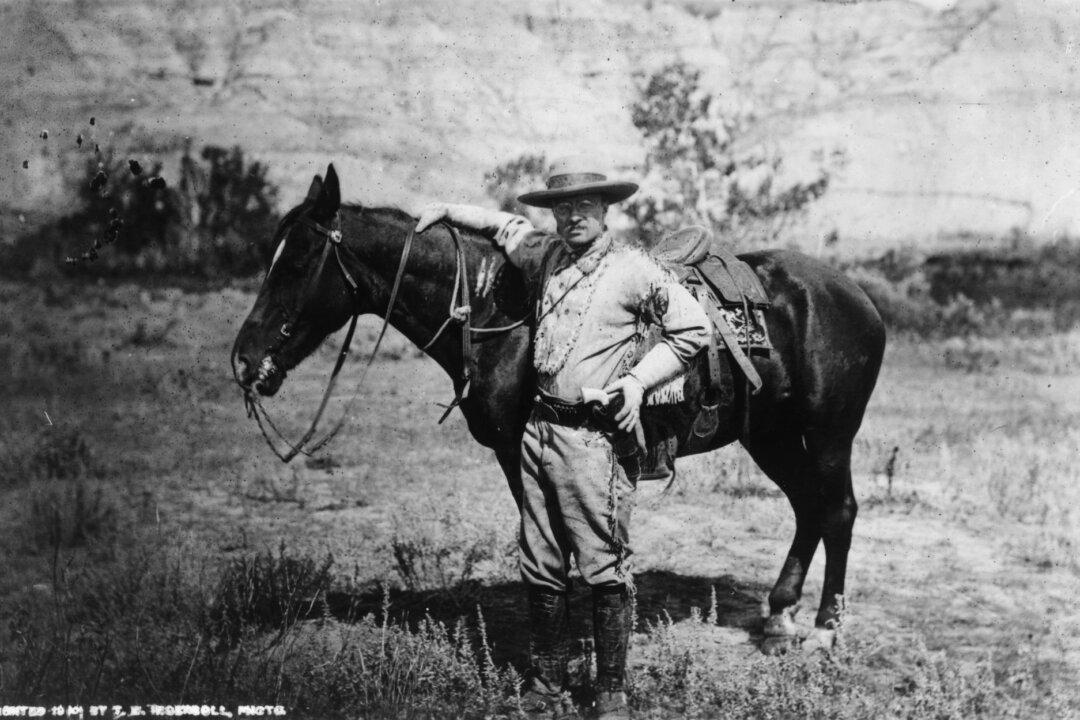Here I share a heartfelt poem from a compassionate farmer who was also the national poet of Scotland. Originally written in Scots (a Scottish dialect), he wrote the piece upon discovering, to his great dismay, that he had disturbed a field mouse’s nest while plowing his field.
To a Mouse
“To a Mouse: On Turning her up in her Nest, with the Plough, November 1785.”by Robert Burns, national poet of Scotland





